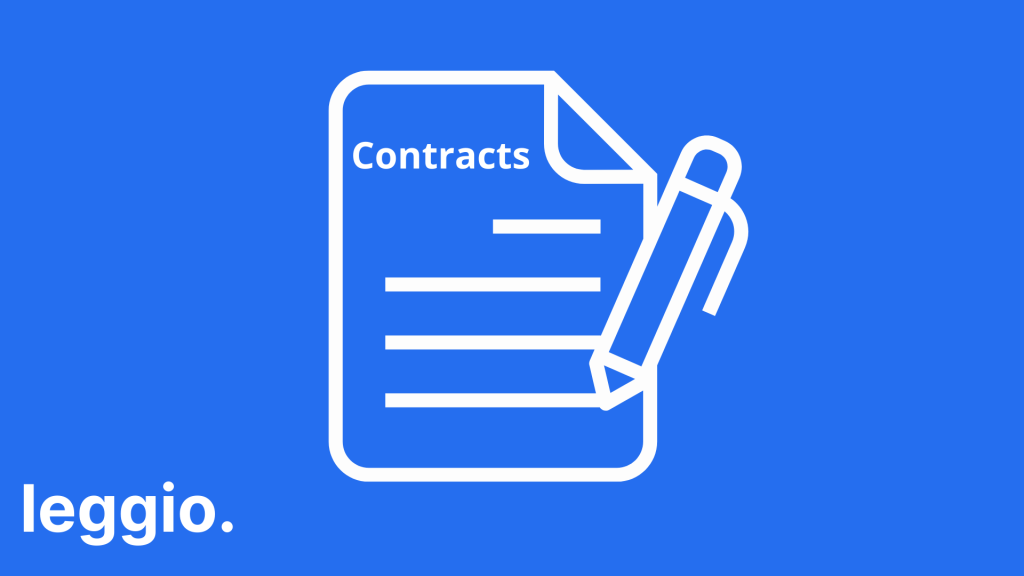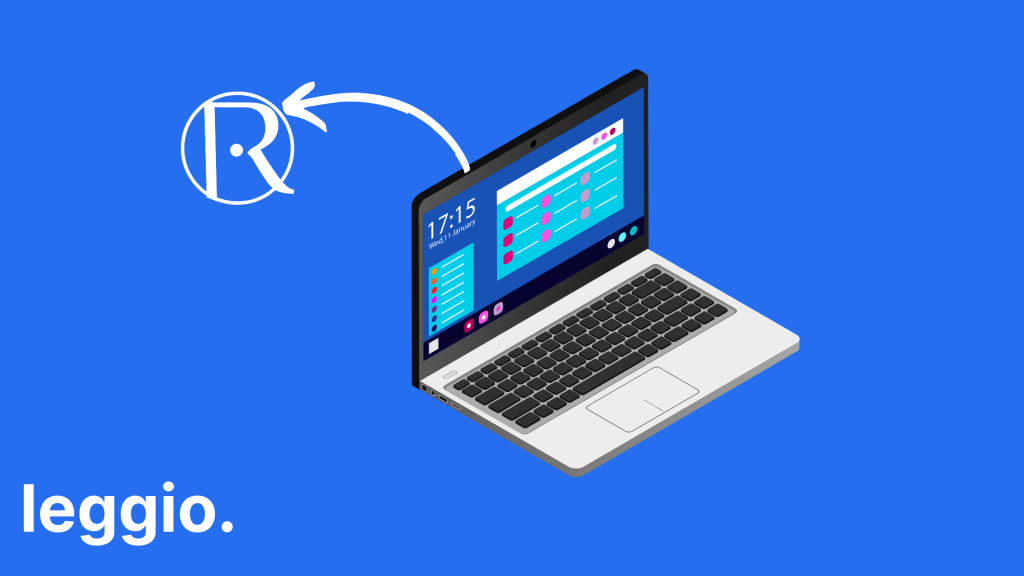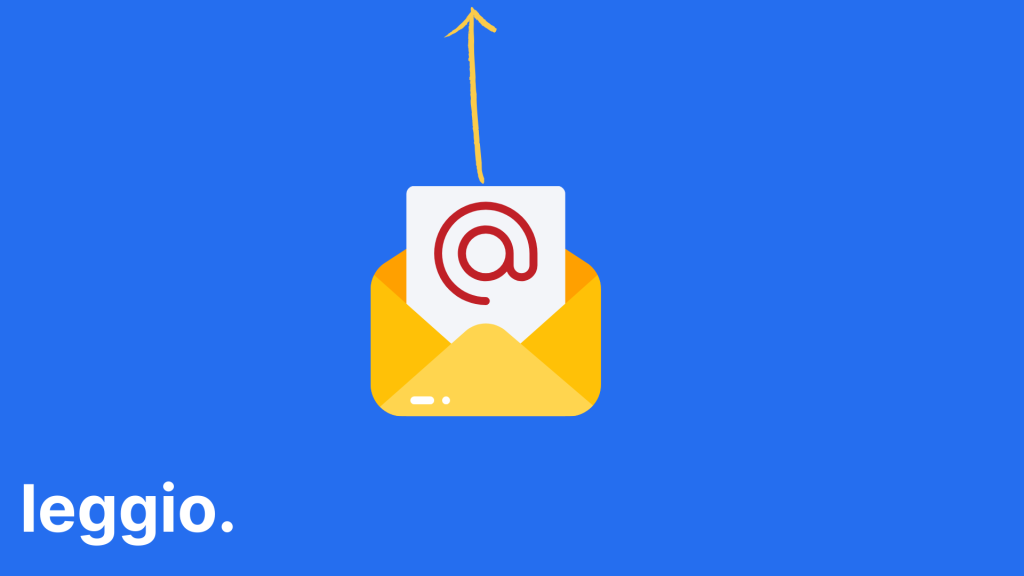Index
1. Who I am

My name is Gianfranco Leggio and I am a lawyer registered with the Milan Bar Association. I have been working in the field of civil law for over 20 years. Since the beginning of my legal activity I dedicated myself above all to business consultancy, focusing on corporate contracts. In the last few years, I focused on problems related to the use of the web and I helped many entrepreneurs to carry out their online business in compliance with the laws. Vanessa Ilaria Serafini is part of the firm, she gained experience in the field of criminal law, family law and labor law.
2. Preventive Legal Advice
I believe in Preventive Legal Advice.
By “Preventive Legal Advice” I mean the detailed study of a business activity, aimed at drafting a report that shows the health status of the activity carried out. Thanks to this legal check-up it is possible to proceed with a strategic planning of business development, which takes into account current legislation and practical experience: this planning activity allows the majority of disputes to be prevented. Of course, it is not possible to prevent all negative events, but it is possible to avoid most of them.
3. Contratcs
We provide legal assistance on specific contracts connected to the use of the internet:
- -Website / APP development contract;
- -Social media manager contract;
- -Influencer contract;
- -Privacy agreement;
- -Non-compete agreement;
- -Trademark transfer contract;
- -Trademark License agreement;
- -Public relations contract;
- -Contract for the use of the image and/or name for advertising purposes;
- -Software development contract;
- -Franchise agreement.
(The list of contracts is constantly updated)

4. E-commerce
E-commerce is a term that refers to the buying and selling of goods and services on the web. In other words, it is a kind of commerce that takes place online, without the need for a physical presence in a store. It is possible to create e-commerce thanks to various platforms, including online store websites, mobile applications, online marketplaces, and other sales and purchasing methods. Clients can search for products or services, view details, place orders, make payments and receive their purchases, all remotely, simply by connecting to a website or APP. Online transactions and payments are possible through secure methods such as credit cards, bank transfers and other online payment solutions.
Dropshipping is a business model in which an online retailer sells products without actually having them in stock. In dropshipping you do not purchase the products to sell in advance, the dropshipper (i.e. the entrepreneur who created the website and sells online) collaborates with suppliers or wholesalers who manage the inventory and shipping of the products directly to the end customers.
We gained a deeply experience in drafting the conditions of sale of goods and services both for e-commerce and dropshipping. Information represent the heart of an e-commerce and its absence exposes the company to the risk of sanctions. To have a law compliant e-commerce it is necessary to comply with various laws, such as the Consumer Code, the information obligations for products and services, the Privacy legislation.
We can assist you to create an e-commerce in accordance with the law.

5. Trademark
All signs, in particular words, including names of people, drawings, letters, numbers, sounds, the shape of the product or its packaging, combinations or the chromatic shades, as long as they are suitable:
a) to distinguish the products or services of a company from those of other companies; and
b) to be represented in the register in such a way as to allow the competent authorities and the public to determine clearly and precisely the object of the protection conferred on the owner.
Before filing the trademark it is necessary to proceed with a search to verify whether the trademark has already been filed or registered.
We assist our clients both in the trademark study phase and in the filing phase.

6. Privacy
We often hear about privacy, but what are the obligations? How do we comply with the GDPR?
The General Data Protection Regulation (GDPR, or more commonly known as GDPR) 27 April 2016 n. 2016/679/EU came into force on 25 May 2018 and was designed to strengthen and harmonize personal data protection regulations across all European Union (EU) member states.
The General Data Protection Regulation (GDPR) is based on a set of fundamental principles that guide the processing of personal data. These principles are designed to ensure that people’s privacy and rights are protected:
- -Lawfulness, correctness, and transparency: the processing of personal data must be carried out in compliance with privacy regulations, fair and transparent. It is necessary to inform people in a clear and understandable way about how their personal data is processed;
- -Purpose limitation: Personal data may only be collected and processed for specific, explicit and legitimate purposes. You may not process personal data in a way that is incompatible with these purposes;
- -Data minimisation: only the personal data strictly necessary to achieve the declared purposes must be collected. The data collected must be adequate, relevant and limited to what is necessary;
- -Accuracy: it is necessary to verify the accuracy of the personal data we process and take steps to ensure that the data is up to date and correct.
- -Limitation of storage: personal data must be stored only for the time necessary to achieve the purposes for which they were collected. Indefinite retention of data is not permitted;
- -Integrity and confidentiality: adequate technical and organizational measures must be adopted to protect personal data from loss, unauthorized access or illicit processing;
- -Accountability and responsibility: the GDPR places emphasis on the “accountability” of owners and managers, that is, on the adoption of proactive behavior such as to demonstrate the concrete adoption of measures aimed at ensuring the application of the Regulation;
- -Data transferability (data portability): people have the right to receive their personal data in a structured, commonly used and machine-readable format from the organization that collected it. They can also request that this data be passed on to another organization;
- –Limitation of access: people must have access to their personal data and must be able to exercise their data rights simply and without undue difficulty.
- -Right to be forgotten: people (data subjects) have the so-called right to be forgotten, i.e. the right to have your personal data deleted.
Why is it important to comply with the GDPR?
To avoid fines which in some cases can reach up to 10,000,000.00 or up to 2% of global turnover. Fines can reach up to EUR 20,000,000.00 or up to 4% of the annual global business turnover in case of violation of the basic principles of processing or the conditions relating to consent and the rights of the data subject.
The only way to ascertain whether or not there are obligations under the GDPR is to analyze a commercial activity and operations carried out by . In other words, a due diligence that reveals whether and how personal data is processed.
We can assist you and help you run your business in compliance with privacy legislation.
7. Copyright and “Diritto d’Autore”
The copyright – which literally translated means “right to copy” – is a right that arises with the deposit of the work at the Copyright Office and you can see it indicated with this symbol ©. Copyright mainly refers to the economic aspects of the work resulting from its reproduction. In other words, if the author does not give his consent, it is not possible to reproduce the work, e.g. a book, a song.
The “Diritto d’Autore” is acquired with the creation of a work and allows the author to claim authorship of a specific work (i.e. to say that the work is yours) and attributes a whole series of rights, not just the right of reproduction, but also to distribute it, to translate it, to perform the work (e.g. theatrical performance), to transcribe the work (transforming an oral work into a written work).
“Digital work” means a work or parts of it – of a sound, audiovisual, photographic, videogame, editorial and literary nature, including application programs and computer operating systems – protected by Law no. 633/1941 and comunicated on electronic communications networks.
Are you the author of a digital work and have you encountered unauthorized use?
We can assist you in requesting removal of unauthorized content.

8. Litigation
We offer legal assistance throughout the national territory regarding civil and criminal disputes, including before higher courts (Suprema Corte di Cassazione), as well as in arbitration and ADR (Alternative Dispute Resolution).
If you need legal assistance do not hesitate to email me:
